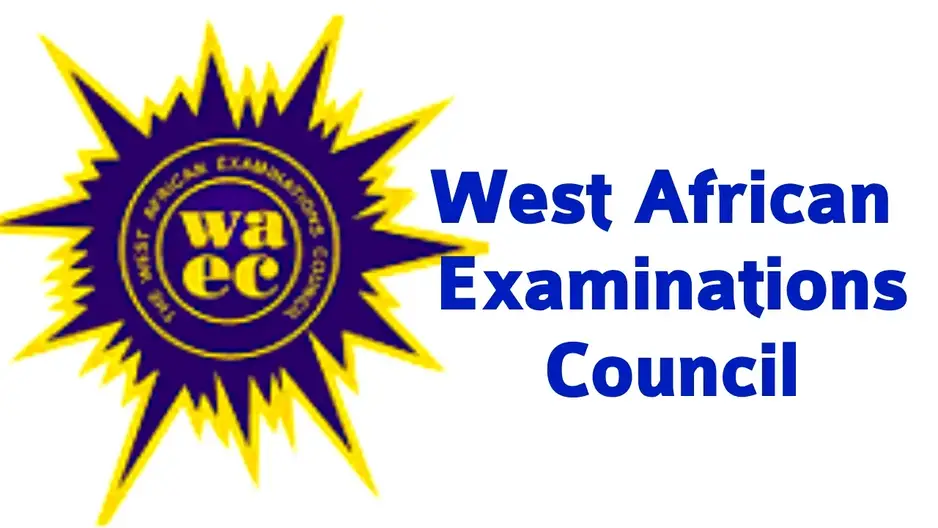
The WAEC syllabus for Tourism provides essential guidance for those preparing to take the examination. It includes the aims and objectives, as well as detailed notes and format for the Tourism exam.
Studying the Tourism syllabus is crucial for effective exam preparation. It will help you understand which topics to focus on and provide valuable insights into important concepts.
Attempting exam preparations without consulting the Tourism syllabus is akin to working on a farm without the necessary tools. You may find yourself struggling to achieve productive results.
It’s important to kickstart your exam preparations by thoroughly reviewing the syllabus provided.
This post also features recommended textbooks approved by the West African Examination Council (WAEC) to supplement your study of Tourism.
WAEC Tourism
PREAMBLE
The syllabus is designed to evaluate the candidates’ knowledge and skills in the potential available in the tourism industry. The syllabus is based on the assumption that not less than three teaching periods or 2 hours per week will be allocated to the subject during the senior secondary school course.
AIM AND OBJECTIVES
The examination will test candidates’ ability to:
- explain the concepts associated with tourism activities such as tourism, tourist, tourist attraction, tour operation, excursion, travel agency etc;
- acquire knowledge of tourist attraction centres and their locations;
- understand the financial, social and developmental benefits of tourism to a nation;
- explain the tourism and cultural festivals of a nation;
- acquire the basic knowledge of the operations of travel agency and tour businesses;
- understand the roles and functions of public and private agencies in tourism;
- develop skills in tourism entrepreneurship.
FIELD WORK
The students should be exposed to field work through excursions to tourism industry sites such as airports, sea ports, beaches, landforms, game reserves, national parks, museums, hotels, tour agencies, etc on which they should be examined as part of their continuous assessment in schools.
The scores for the field work should account for 40 per cent of the total continuous assessment scores of the students that will be forwarded to the examining body.
SCHEME OF EXAMINATION
The subject will be examined as a composite paper made up of two papers-papers 1 & 2 to be answered in 2 hours 30 minutes.
Paper1: will comprise 40 multiple choice questions drawn to cover the entire syllabus.
Candidates will be required to answer all the questions in 40 minutes for 40 marks.
Paper 2: will consist of two Sections, A and B.
Section A: will consist of ten restricted-response essay questions, all of which must be answered for 40 marks. Candidates are advised not to spend more than 50 minutes on this section.
Section B: will consist of 5 essay type questions of which candidates will be expected to answer any 3 questions only for 60 marks in one hour.
CONCEPTS AND TOURISM RESOURCES
- Concepts
- Scope
- History of tourism
- Types of tourism
- Tourism and travel business
- Components of tourism
- Tourist product
- Tourist attractions in a nation
- Tourism statistics
- Benefits of tourism
- Festivals and heritages in a nation
BUSINESS AND ENTREPRENEURIAL SKILLS IN TOURISM
- Reasons for travel
- Travel agency business
- Tour operating business
- Support services
- Public agencies in tourism
- Private agencies in tourism
- Tourism marketing
- Entrepreneurship in tourism
- Service delivery in tourism
- Skill acquisition
Recommended Textbooks
SUGGESTED READING LIST
- Brian Boniface and Christopher Cooper (2001) The Geography of Travel and Tourism, 3rd Edition, Published by Butterworth-Henneiman. London
- Clins Cooper, John Fletcher, Alam Fyall, David Gilbert and Stephen Wallhill (2009) Tourism Principle and Practice, 2nd Edition, Published by Pehentice Hall.London.
- Jeanne Semer Purzycki (2000) Travel Vision: A Practical Guide for the Travel, Tourism and Hospitality Industry, Published by Prechentice Hall.
- John Hibbs (2000) An Introduction to Transport Studies, 3rd Edition, Published by Kogan Yak.